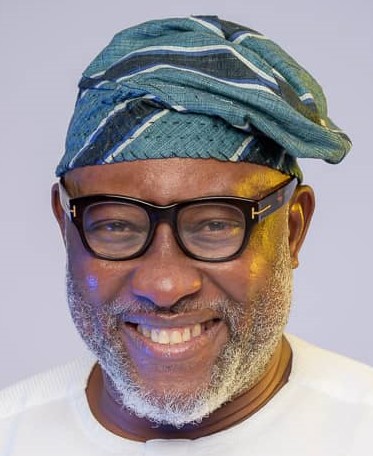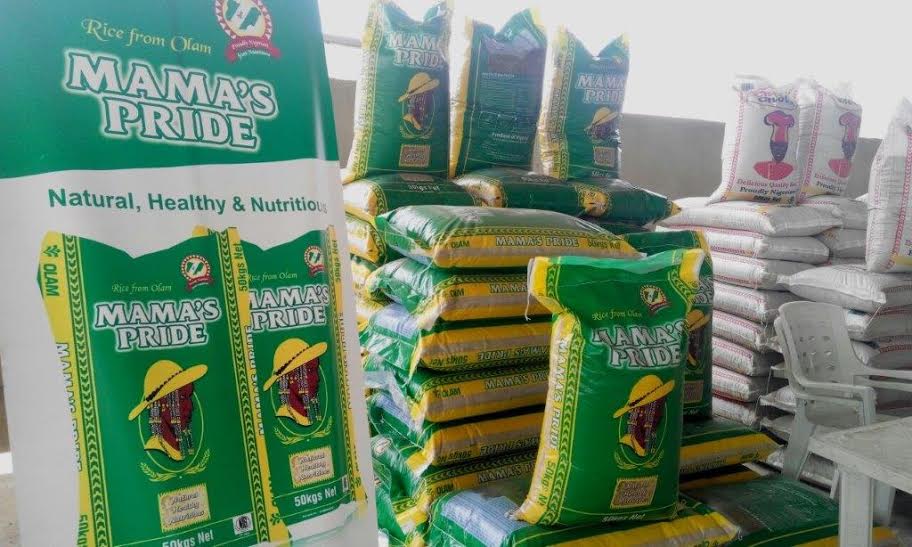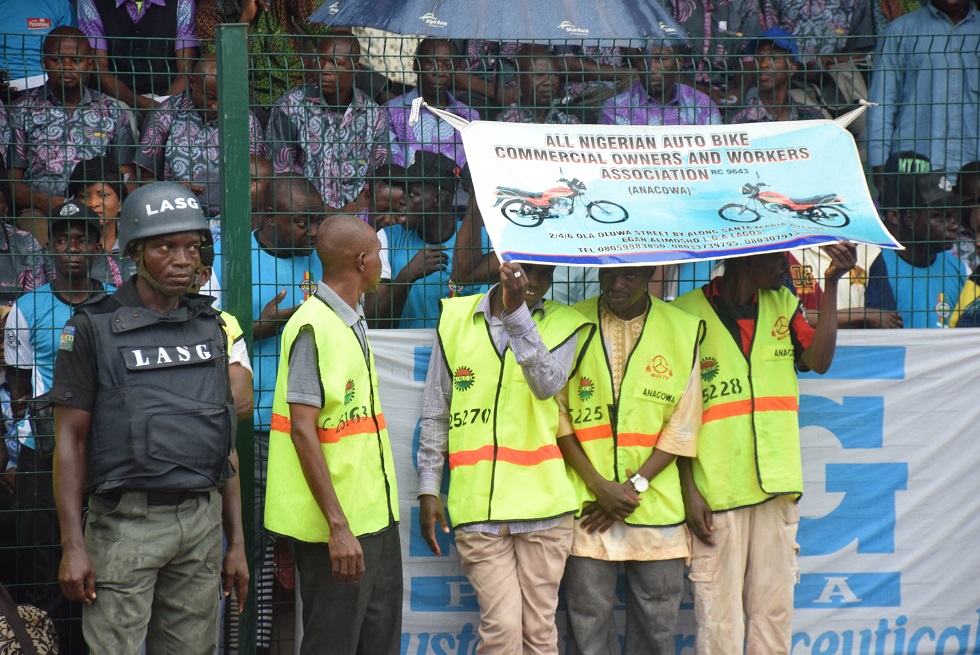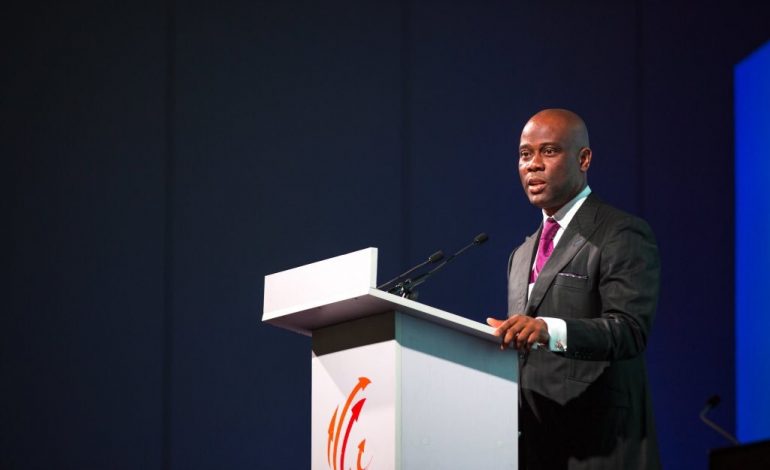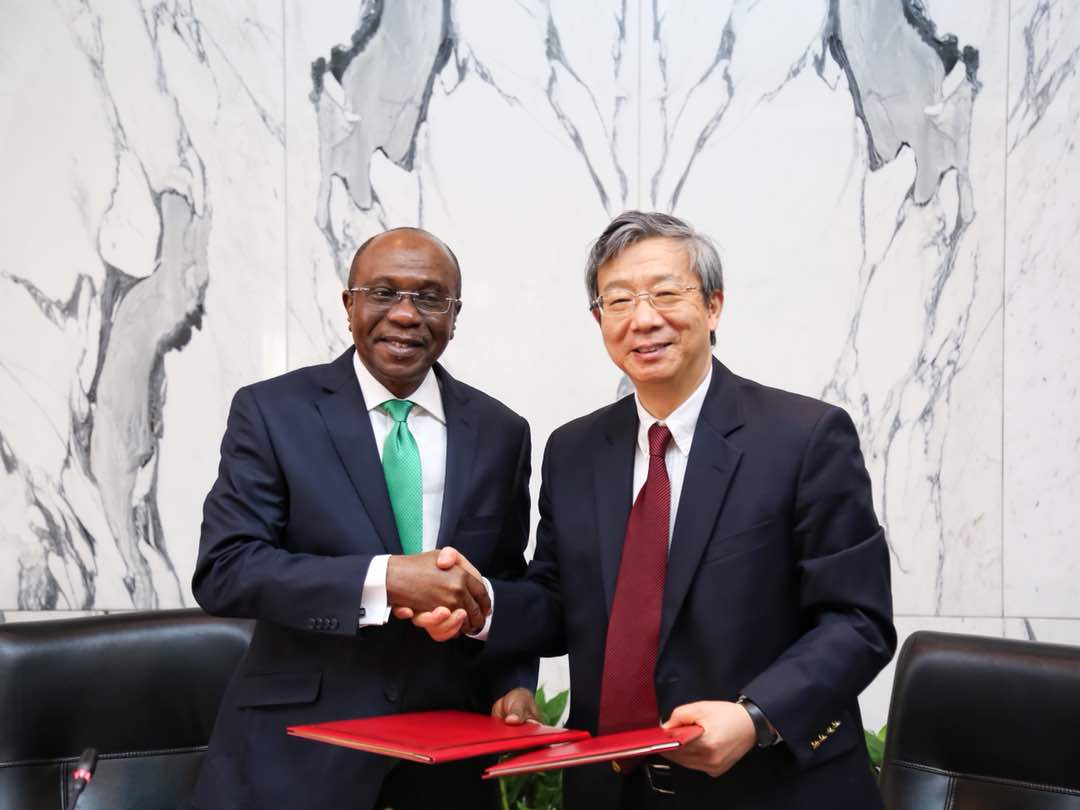Investments in Nigeria’s agricultural sector have taken an upward spin. Take the recent commitment of 1 billion USD to the sector on the part of the Federal Government for example. Such outlook on a sector hitherto starved of public funds is, to put it mildly, commendable.
However, it is not only the public sector that has been in the business of spending to improve Nigeria’s agricultural prospects, private entities have also demonstrated a willingness to “put their money where their mouth is” all with the intent to ensure that the Country makes steady advancement in harnessing its steep agricultural economic potentials.
A good example in this regard is AgroNigeria. Over the last eleven years, the Company has, in a manner embodying true patriotism and commitment to selfless service, dedicated itself to a systematic campaign targeted at galvanizing productive interest in Nigeria’s agricultural sector. Unlike many in the communications space, Richard-Mark Mbaram, AgroNigeria’s CEO has insisted on specific focus on the agric-sector, resisting the temptation to go elsewhere, even when it called for personal sacrifice, to enhance the “AgroCause”. A member of Nigeria’s “Generation X”, Mbaram has blended intellectual power with qualitative communication and management capabilities.
AgroNigeria recently concluded a High-level Conference focusing on the rice crop. Proficiently choreographed to equal international convening standards, the event was, in every respect, well packaged. The thematic outlay, betrayed a savvy consciousness of the realities prevalent in Nigeria’s rice sub-sector, which is not unexpected as AgroNigeria prides itself as the “Voice of Nigeria’s Agricultural Sector”.
Advertisement
Thus, the presentations and discussions at the Conference served to ignite innovative ideas towards addressing the varied challenges bedeviling the rice sub-sector in Nigeria. It was not a time to sugar-coat, everyone faced up to the realization that despite the gains made, a lot more work had to go in, if Nigeria is to be self-sufficient in rice production.
With the presence of a key figure in Nigeria’s rice sub-sector, Alhaji Abubakar Bagudu, the Kebbi State Governor and arrow-head of the Nigerian government’s food security drive, the president’s agricultural strategy was aptly presented. The Governor was keen to engage in plenary discussions, particularly that which sought to hatch a framework for public – private cooperation in the rice self sufficiency efforts of the country.
The Kebbi State helmsman gave credence to his widely acknowledged reputation for developmental leadership. His pointed characterization of the subversive actions of countries bordering Nigeria as “economic warfare” was a high point in the dialogue and marked a robust departure from the erstwhile milquetoast governmental stance on the issue.
Advertisement
The Rice Conference brought to the fore the immense progress made under the present administration. As Alhaji Musibau Azeez, The Director of Agribusiness in the Federal Ministry of Agriculture and Rural Development, who represented the Minister at the conference pointed out, Nigeria is well on her way to attaining the objective of Self Sufficiency in rice production.
The one that really moved the needle in terms of scale was the panel discussion by my humble which reaffirmed Olam’s pre-eminent position as the largest player in the Rice Value chain space with capacity of 190, 000 metric tonnes and doing this in two locations Nasarawa (120 million dollar rice farm and mill and home of Mamas pride and Kano where we do tolling and home of Mamas choice. The next biggest competitor is around 70 to 100 thousand tons.
Equally important to state is the number of Rice farmers which has risen from 5.8 million thereabout to slightly over 12 million.This is not about optics but genuinely true.
This reality throws up yet another key point, regarding the need for successive governments to resist the temptation of policy somersault. Hitherto, in Nigeria’s Agriculture history, successive governments had been adept at discontinuing with the policies of their predecessors. The Buhari Administration broke this jinx by building on the foundation of its predecessor.
Advertisement
In the words of the Director, Seed Certification & Quality Control of the Nigerian Agricultural Seed Council (NASC), Alhaji Ishaq Khalid, the seeds of the rice revolution that Nigeria is currently enjoying were sown under the immediate past Minister of Agriculture, Dr. Akinwumi Adesina who supervises a rigorous overhaul of the nation’s rice seed architecture, introducing varieties like FARO 44, 52 and 61.
The current administration built on this framework in a historic demonstration of policy consistency and this was applauded by stakeholders at the conference.
The above notwithstanding, the menace of smuggling also engaged the attention of stakeholders, given that in the absence of a well thought out and deliberate strategic solution to Nigeria’s leaking borders, the Rice Self sufficiency bid is dead on arrival.
In this regard, the Nigerian Customs Service reiterated its plea for better funding and equipping to carry out its mandate of securing Nigeria’s borders. It must be stated that the conditions under which the department of Customs and Excise operate currently, they are configured to fail.
Advertisement
It therefore goes without telling that both the Executive and the Legislative arms of government must as a matter of urgency address the needs of the Nigerian Customs Service in order to ensure the attainment of Nigeria’s rice Self Sufficiency drive.
Mainstreaming the Voice of the Private Sector into this conversation is therefore imperative. To this end, there was a comprehensive endorsement of the Strategic Rice Alliance for Nigeria. This initiative was hailed as a vital medium by which the Private Sector can contribute its voice to the country’s rice discourse – which many believe to be public sector dominated.
Advertisement
Nigeria’s rice revolution is well underway and all hands must be on deck to ensure that it does not run out of steam.
Advertisement
Add a comment
